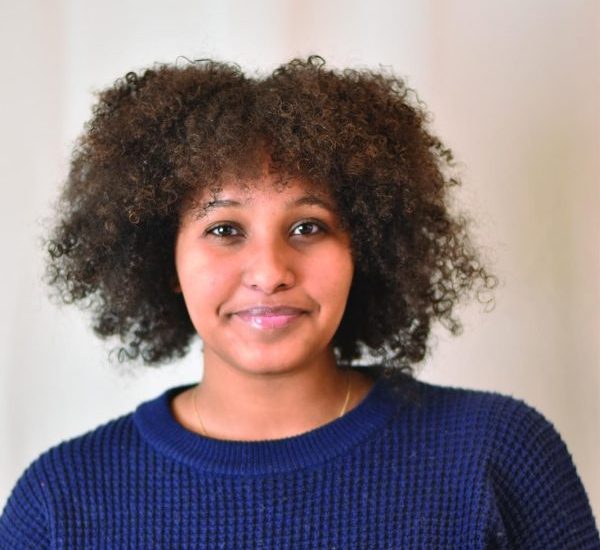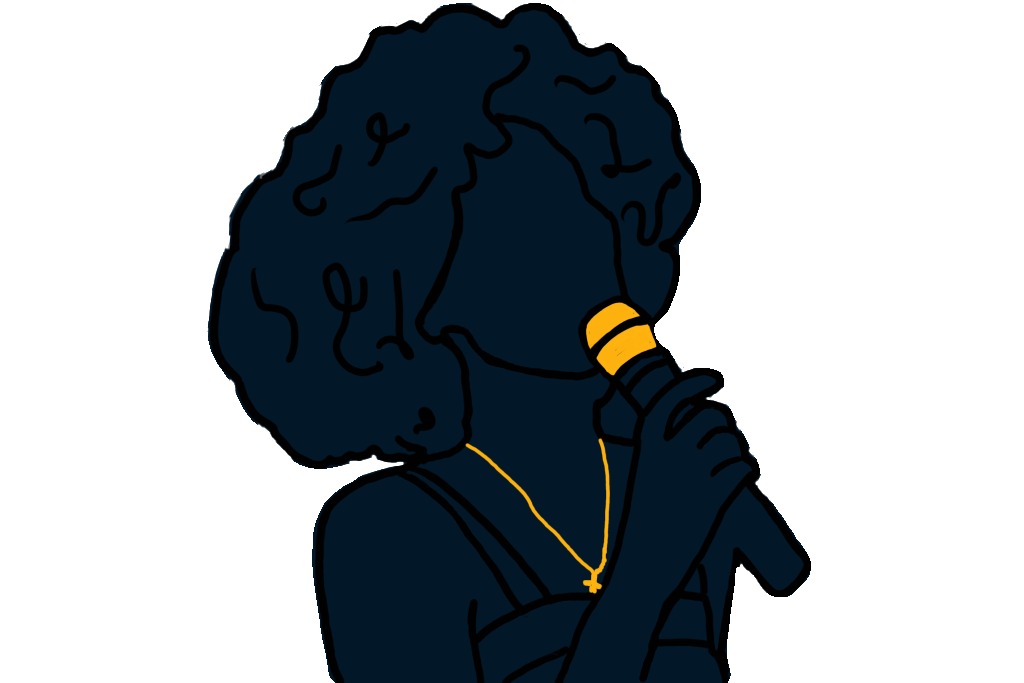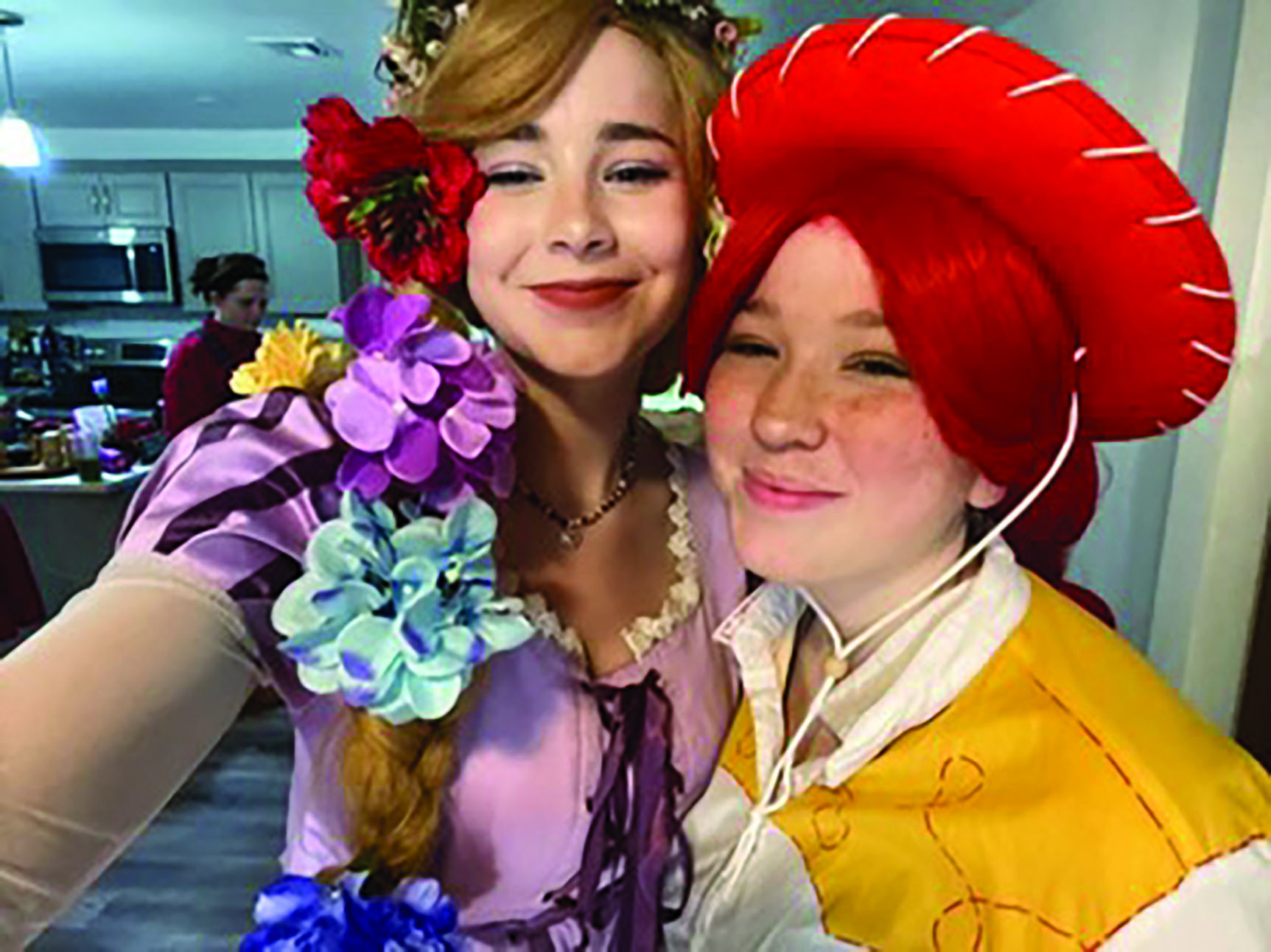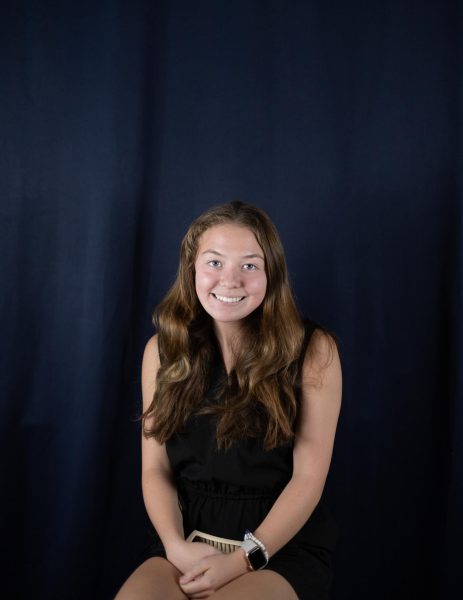
I grew up in a small town in southwest Kansas named Lakin. With a population of about 2,121, I went to school with the same 90 people all the way from kindergarten to seventh grade. We all interacted together. They witnessed my biggest laughs and cries; they were my first friends and my first enemies. Even though I had grown up with those people for the first half of my life, in a sense, I was always an outsider. We grew up together and learned everything about everyone. I acted the same way as some of my white friends in elementary school, but I was still not the same as everyone else. I was always “too loud,” “too big,” “too opinionated.” I tried to change the way I acted, change my personality to try to fit in more; but no matter how much I straightened my hair and kept to myself, there was always a stain on my skin that I couldn’t scrub off.
I am mixed: half black, half white. Not only am I half black, but I am a first generation Tanzanian-American. My dad is a part of the Maasai tribe, a nomadic tribe located across the Kenyan-Tanzanian border. Though Lakin was no stranger to foreigners, home to a large Hispanic population, our family didn’t quite fit into their categories.
Maasai have a way of thinking that is very community-based. They are willing to help anyone who needs it. When entering a village, they greet people and ask a variety of questions to try to get to know them, such as “Who’s are you?”, “What’s your clan?”, “What’s your father’s clan?”, “What’s your mother’s clan?”, and so on and so forth. They don’t care about what you believe in, about your past, or about your status. If someone needs help, they will accept them with open arms. This is a strong contradiction to the environment in Lakin.
While in Lakin, I experienced many microaggressions, as well as blatant racism from both my Hispanic and white peers. I tried everything from confrontation to silently coping. Though I moved to Oregon the summer before eighth grade, some of the things people said to me, about me, and around me still stick, both big and small. While looking back on all the hateful words I have been surrounded with for years, one word helps me process what I heard.
Naboisho.
It is a maasai word that most closely translates to “unity,” though the true meaning is more similar to “oneness.” In order to have true unity, one has to comply and change their beliefs in the name of compromise. The emphasis on “unity” and in comparison to “oneness” isn’t just practiced in Kansas, but is prevalent in Oregon as well. This is a national ideal that is restricting us from fully accepting others in their own quirk and faults. Oneness is the acceptance of others, no matter what your opinion is. It is being kind and diligent towards everyone, no matter their circumstance or background. I hope everyone all over will continue to strive for naboisho.





